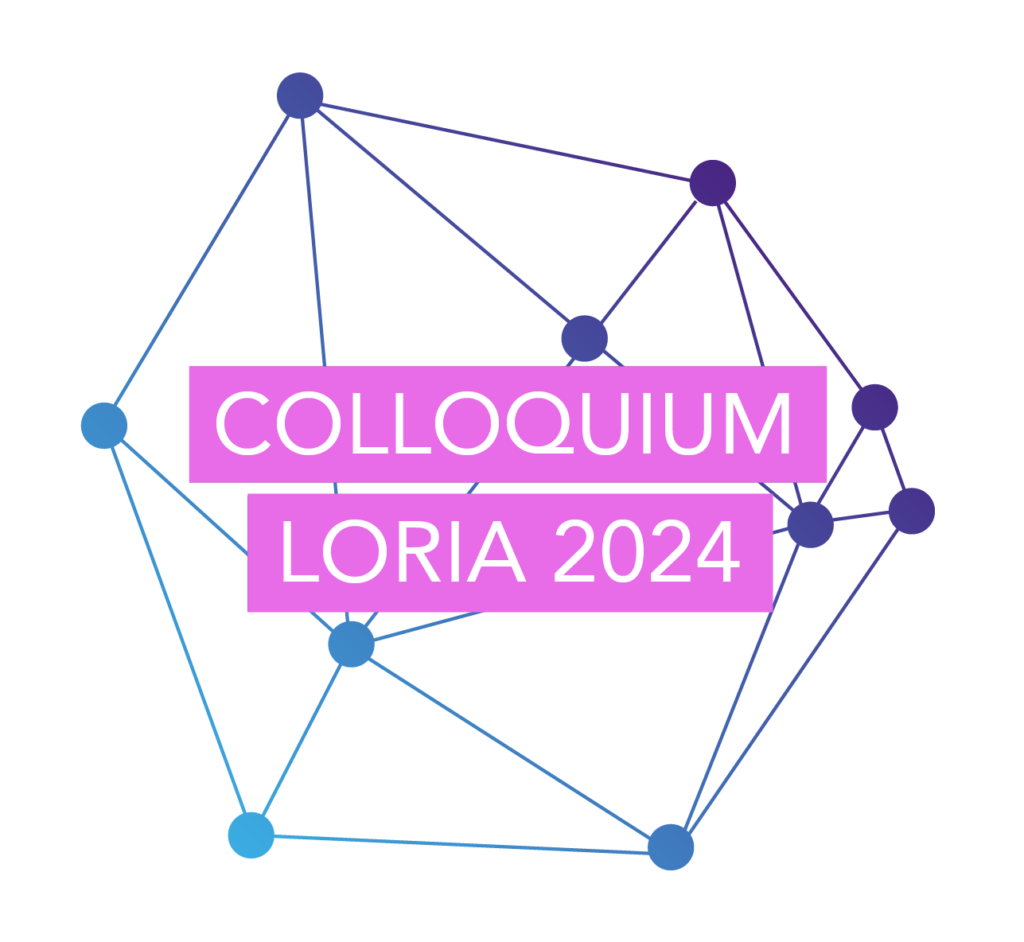[PhD proposal] Data-driven models for prediction and feasibility space reduction of gas and liquid separation processes
Direction:
The thesis will take place at LORIA laboratory (UMR 7503) – OPTIMIST team, with a strong interaction with the LRGP laboratory. It will be led by Bernardetta ADDIs (LORIA) and Christophe CASTEL (LRGP).
Context:
This thesis proposal is part of a larger multidisciplinary research project covering two laboratories of the University of Lorraine: the LRGP for the process engineering expertise and the LORIA for the computer science aspects, and the University of Rome « La Sapienza ». Our collaboration started in 2015 on gas membrane separation processes. We developed an automated tool for optimal process designs for general membrane gas separation (MIND) based on MINLP modeling and a global optimization search strategy. We validated our tool on several separation processes, and it is at the moment in use at LRGP. The work has been partially supported by two ministerial funded theses.
We registered our software under an APP patent and the ATT-GrandEst supported its maturation process.
Subject
Process synthesis plays a central role in process engineering. More specifically, for applications with high environmental impact: CO2 capture, hydrogen purification, desalination of seawater, and waste-water treatment processes. Those separation processes are usually high energy demanding and may have high economic and environmental costs if not well designed.
Although there exist scientific contributions to optimization-based process design, these are not integrated into industrial practices [Chen2017]. This phenomenon can be explained by the missing the generality of the proposed methods and the excessive simplification of the process modeling. Indeed, current equation-based models contain the discretization of differential equations. Therefore, they become difficult to solve when the size of the problem is large and discrete variables are involved [Floudas1998, Biegler2010, Belotti2013].
A possible alternative is to use optimization coupled with simulation-based approaches. This strategy suffers from another issue, the search space is not mathematically defined and, therefore, cannot be explored efficiently. Furthermore, simulation is a time-consuming procedure leading to slow convergence for the resulting optimization methods [Neveux2019].
A way to combine the quality of the two approaches is to work on data-driven models. Our research group (involving LORIA and LRGP laboratories) started to work in this direction for gas membrane separations processes [Ramirez-Santos2018, Bozorg 2020]. The idea is to use machine learning methods to represent the physical behavior of the membrane. For example, training a neural network model using data obtained by a simulator to mimic its behavior. After the training, we inject the governing equation of the neural network into the model (instead of using the discretized differential equations). Two important factors are related to the success of the overall method: the quality of the regression model (in our example, the neural network) and the introduction of additional constraints to limit the space search to physically meaningful regions. For example, we used a support vector machine to cut away a part of the space where the simulation cannot converge. Indeed, equation-based optimization methods explore (implicitly) all the search space defined by the model. Therefore the overall model must represent only the physically meaningful research space. Preliminary results [Addis2020] show that this strategy leads to a fast and stable optimization algorithm.
Motivated by these results, we decided to extend the work to other separation processes and explore different machine learning approaches to obtain the necessary models. We will focus first on liquid membrane separation, a problem similar to the gas one, but characterized by more complicated physical equations. Then, we will move on to hybrid separation processes and reactive systems.
The thesis will focus on the proposal and training of new models to represent the physics of the different components of the system (liquid separation membranes, reactors, etc). Both regression and classification models will be studied. The regression models for predicting the physical behaviors of each device. The classification models for space reduction. Space reduction must cut away regions with no physical meaning. In addition, it can allow removing not promising from an energetic point of view. This second feature can boost the successive search strategy. The aim is to produce high-quality predictive models, with the simplest structure. Indeed, the resulting models need to be integrated into an optimization strategy. The possibility to translate them into a system of equations is of paramount importance. The work will start with membranes for liquid separation, which is the natural extension of our preliminary work, and then will move on to reaction models. All produced models will be validated on several industrial case studies using the simulation tool [Bounaceur2016] and data provided by LRGP.


